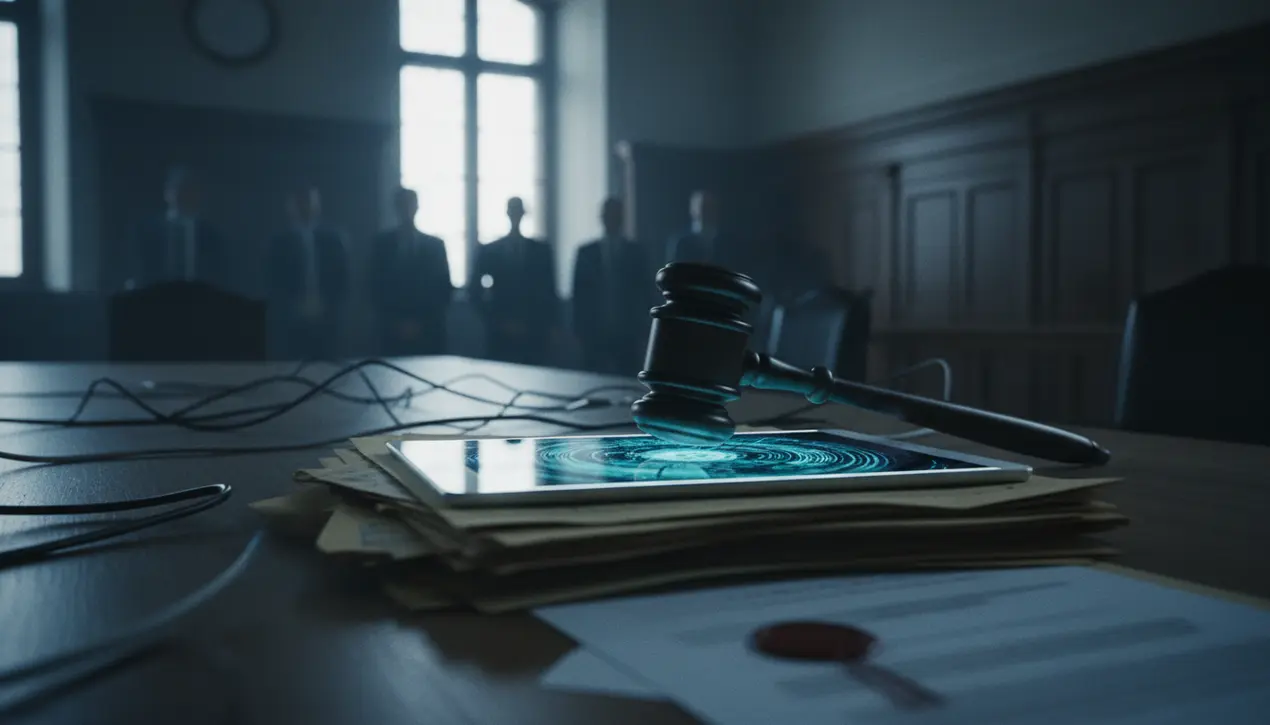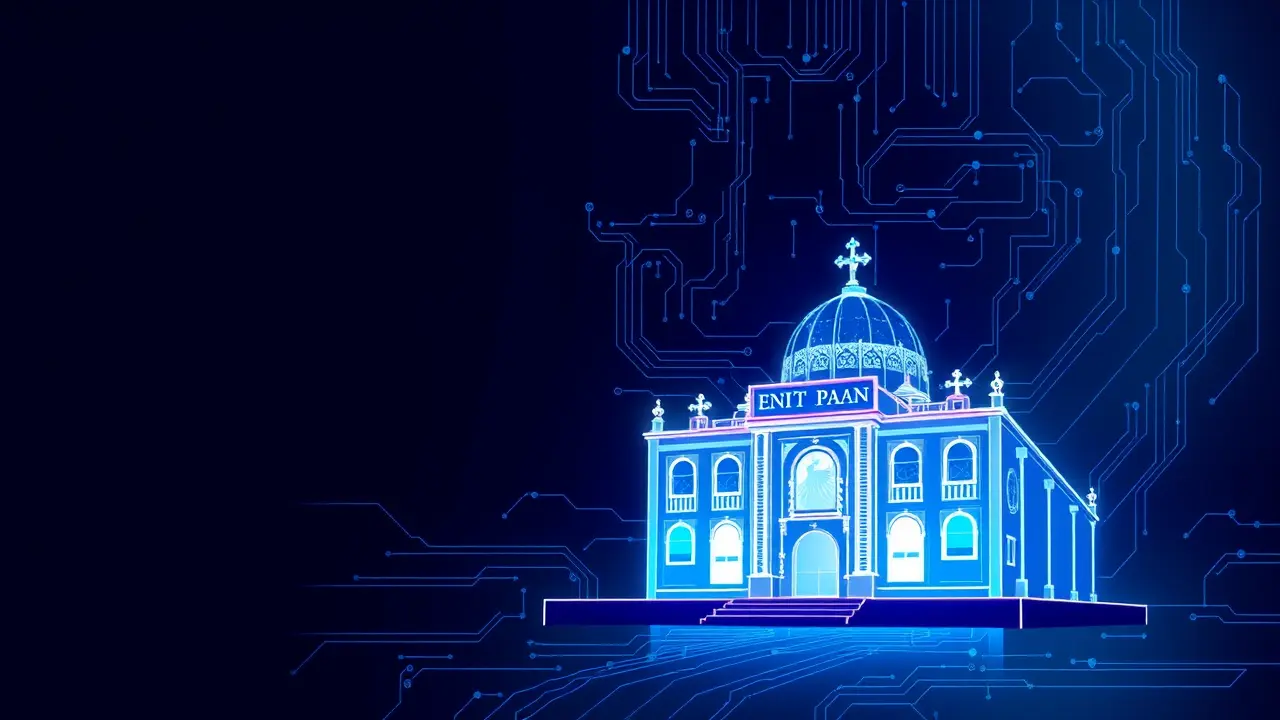
AIai regulation
German court rules OpenAI violated copyright, must pay damages.
MI
Michael Ross
2 hours ago7 min read1 comments
In a landmark ruling that sends tremors through the global artificial intelligence ecosystem, a German court has declared that OpenAI's foundational training of its ChatGPT language model on licensed musical compositions constitutes a clear violation of national copyright law, compelling the tech behemoth to pay substantial damages. This isn't merely a localized legal skirmish; it's a precedent-setting judgment that strikes at the very heart of the AI industry's 'move fast and break things' ethos, forcing a long-overdue confrontation between the relentless march of technological innovation and the established bastions of intellectual property rights.The case, brought by a consortium of music publishers, pivoted on the unlicensed ingestion of copyrighted lyrical and compositional works into the data-hungry maw of a large language model, a practice that has become standard yet legally nebulous operating procedure for nearly every major AI developer. This German verdict echoes the growing unease percolating through European regulatory bodies, which have positioned themselves at the vanguard of a global push for stricter AI governance, as embodied by the EU's pioneering AI Act.The core ethical dilemma, one that would have fascinated Isaac Asimov as he contemplated his Laws of Robotics, is whether the transformative process of training an AI on copyrighted material constitutes fair use or an act of mass, systematic infringement. Proponents of the AI industry argue that such training is analogous to a human artist studying past masters—a necessary step for achieving competence and creativity.However, the court found that the scale and commercial nature of OpenAI's operations tipped the scales, viewing the process less as scholarly inspiration and more as industrial-scale appropriation. The immediate consequence is a significant financial penalty for OpenAI, but the far more profound implication is the potential for a domino effect, inspiring a wave of similar litigation from publishers, authors, and journalists across the continent and beyond, who see their life's work being used without consent or compensation to build trillion-dollar enterprises.This ruling forces a critical re-evaluation of the entire data supply chain for AI, potentially mandating a shift towards exclusively licensed or open-source training corpora, a move that could drastically increase operational costs and slow the breakneck pace of development. From a policy perspective, it creates a stark regulatory asymmetry; a model legal in the United States, where fair use doctrines are more broadly interpreted, could become commercially untenable in Europe, Balkanizing the digital single market and forcing AI firms to create region-specific versions of their technology.The decision also powerfully amplifies the voice of human creators in the ongoing dialogue about our automated future, serving as a stark reminder that the pursuit of artificial general intelligence cannot be built upon the disregarded rights of human intelligence. As we stand at this crossroads, the path forward requires a delicate balance—crafting policies that protect individual creators without stifling the transformative potential of AI, perhaps through novel licensing frameworks or collective compensation models. The German court hasn't just issued a verdict; it has lit a beacon, signaling that the unchecked era of AI training on the entire internet is drawing to a close, and the future will be built on a foundation of permission, provenance, and profound ethical consideration.
#OpenAI
#ChatGPT
#copyright law
#Germany
#legal ruling
#damages
#generative AI
#featured
Stay Informed. Act Smarter.
Get weekly highlights, major headlines, and expert insights — then put your knowledge to work in our live prediction markets.
Related News
Comments
Loading comments...
© 2025 Outpoll Service LTD. All rights reserved.


